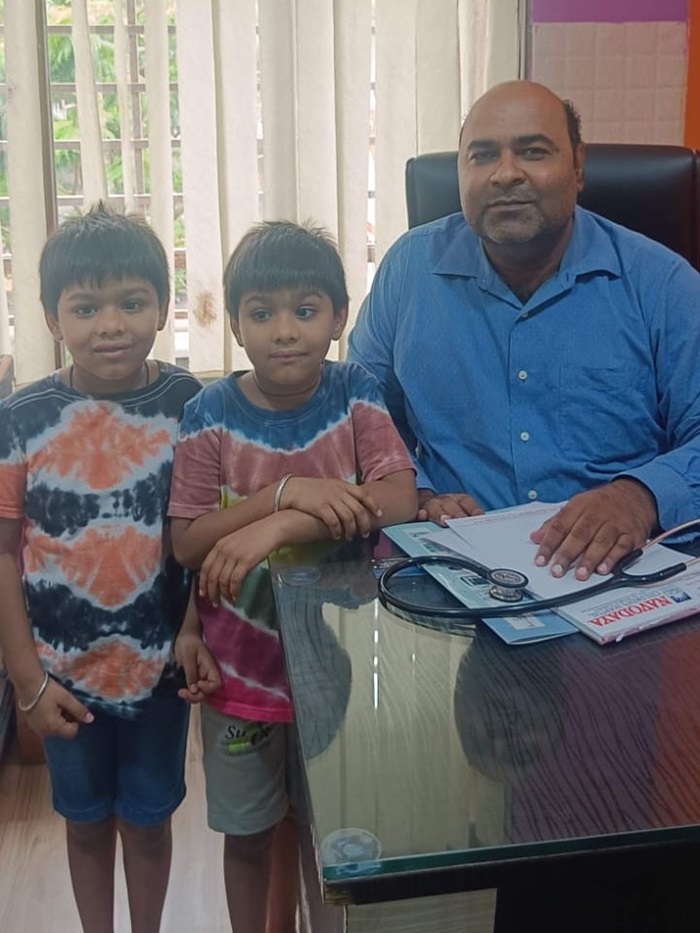Pediatric Consultation
A pediatric consultation refers to a professional assessment or advice from a pediatrician (a medical doctor specializing in the care of children) regarding the health, development, or management of a child. Pediatric consultations can be sought for various reasons:
1. Well-child visits: Routine check-ups to ensure a child's healthy growth and development. During these visits, vaccinations, developmental screenings, and general health checks are typically performed.
2. Illness or Injury: If a child is sick or has suffered an injury, a consultation with a pediatrician can help determine the cause, severity, and best course of treatment.
3. Chronic Conditions: Children with ongoing medical conditions, such as asthma, diabetes, or epilepsy, may require regular consultations to manage their health.
4. Developmental or Behavioral Concerns: If there are concerns about a child's development, behavior, or emotional well-being, a pediatrician can provide guidance. Depending on the concern, referrals to specialists, such as pediatric neurologists, psychiatrists, or therapists, might be made.
5. Second Opinions: If a parent or guardian is uncertain about a diagnosis or recommended treatment, they may seek a consultation with another pediatrician for a second opinion.
6. Specialized Medical Procedures or Treatments: Sometimes, a primary care pediatrician might refer a child to a pediatric specialist for a specific procedure or treatment. The specialist will conduct their own consultation before proceeding.
7. Pre-surgical evaluations: Before undergoing surgery, a child might need a pediatric consultation to ensure they're healthy enough for the procedure and to address any potential risks or concerns.
It's worth noting that while the term "consultation" often refers to an in-person visit, many healthcare systems now also offer telemedicine consultations, where assessments are made through video calls or other remote means.
For the best care, parents and guardians should ensure they communicate thoroughly with the pediatrician, providing all relevant information about the child's medical history, symptoms, and any other concerns they may have.


